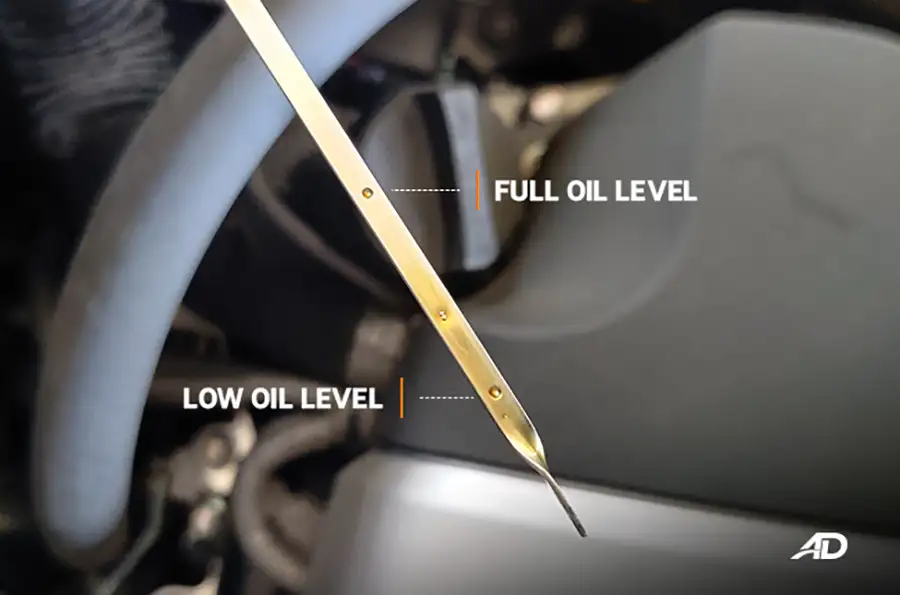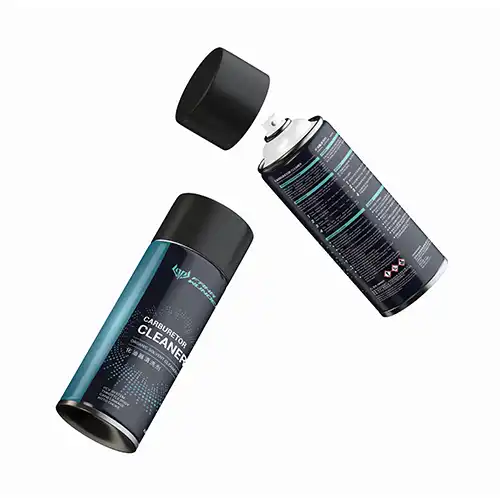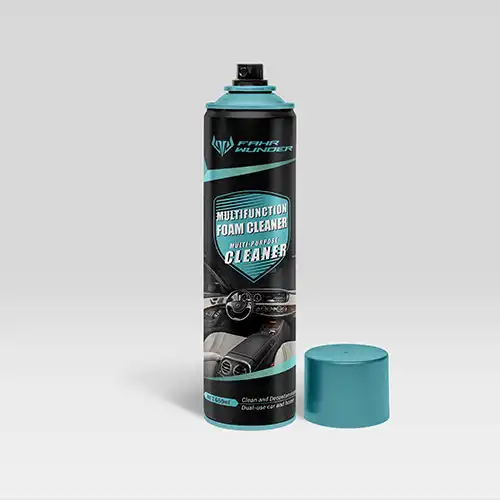In commercial fleet maintenance, manufacturing operations, and OEM supply chains, determining the optimal time to change engine oil is crucial for sustaining engine performance, reducing operational downtime, and extending equipment life. The interval for changing engine oil depends on usage conditions, oil formulation, and equipment specifications. Industrial and heavy-duty applications may require more frequent oil changes than light-duty systems due to higher load and thermal stress. Monitoring oil condition, viscosity stability, and contamination levels provides a more accurate schedule than relying solely on mileage or hours of operation. Selecting the right formulation, such as fully synthetic engine oil, can help maintain lubrication stability under high-stress conditions. Engine oil suppliers often provide technical guidance tailored to specific machinery, enabling procurement teams to align maintenance schedules with operational goals and cost-efficiency requirements. In wholesale distribution, offering clients the right oil change recommendations can also support their operational reliability and long-term equipment value.
Engine oil acts as a protective barrier between moving components, reducing friction and carrying away heat. Over time, oil molecules break down under mechanical and thermal stress, affecting viscosity and lubrication efficiency. In B2B applications, such as construction fleets or industrial engines, the degradation rate can accelerate due to higher workloads. Fully synthetic engine oil retains its protective qualities longer than conventional types, especially under extreme conditions. Engine oil suppliers often analyze wear metals, oxidation levels, and contamination during oil sampling to recommend precise replacement timing for clients.
Oil analysis provides quantitative data on the current state of engine oil. In wholesale supply chains, this service allows engine oil suppliers to demonstrate the performance of their products to distributors and industrial clients. Regular analysis reduces unnecessary oil changes and supports more accurate procurement planning, benefiting both the supplier and the end user.
Monitors wear metals, oxidation, and contamination
Reduces unnecessary oil replacements
Supports procurement planning for fleets and industrial machinery
Change intervals vary depending on multiple operational factors. High-load environments, prolonged idling, or exposure to extreme temperatures can shorten the oil’s functional life. For equipment running continuously in manufacturing or mining, oil change schedules may be based on machine hours rather than calendar time. Engine oil wholesale buyers must understand these variables when advising their clients or stocking specific oil grades.
Original Equipment Manufacturer recommendations form a baseline for oil change intervals. Fully synthetic engine oil often exceeds standard performance thresholds, allowing for extended operation without sacrificing lubrication integrity. Engine oil suppliers frequently work with OEM engineers to create formulations that align with these guidelines while supporting long-term reliability.
OEM recommendations provide baseline schedules
Synthetic oils allow extended intervals without performance loss
Suppliers collaborate with OEMs for optimized formulations
Fully synthetic engine oil offers superior resistance to oxidation, thermal breakdown, and sludge formation. For large-scale operations, this means reduced wear on critical components and greater consistency in lubrication performance. Engine oil wholesale distributors often highlight synthetic formulations when targeting heavy-duty markets, as these clients prioritize operational uptime and reduced maintenance interventions.
While fully synthetic engine oil may have a higher upfront cost, its extended service life can reduce the frequency of oil changes and associated labor costs. This is especially beneficial for engine oil suppliers serving clients with large fleets, where downtime translates to significant operational expense.
Extended service life reduces oil change frequency
Lower labor costs for maintenance teams
Supports high-uptime operations for large fleets
Engine oil suppliers provide more than just product delivery—they often offer technical consultation, storage recommendations, and training for maintenance teams. Wholesale clients benefit from supplier expertise in product selection, ensuring that the oil’s viscosity grade, additive package, and base stock quality match the demands of their equipment.
In industries such as transport, mining, or energy production, downtime can be costly. Close collaboration between engine oil suppliers and maintenance managers ensures that the right oil is always in stock, tested, and ready for use. This reduces supply chain interruptions and helps align maintenance schedules with operational needs.
Ensures consistent product availability
Reduces supply chain interruptions
Supports accurate maintenance planning
Procurement teams in industrial settings often schedule oil changes based on seasonal cycles, workload fluctuations, or production shutdown periods. Planning oil purchases in advance with engine oil wholesale partners ensures uninterrupted supply and stable pricing.
Dust, humidity, and ambient temperature all influence oil degradation rates. Equipment operating in dusty environments may require oil changes sooner to prevent abrasive wear. Fully synthetic engine oil offers improved resilience in such environments, making it a preferred choice for many wholesale clients.
Environmental factors affect oil life
Synthetic oil provides greater resilience
Supports industrial operations in challenging conditions
Engine oil has a shelf life, and storing large quantities without proper rotation can lead to product degradation. Engine oil wholesale operations benefit from just-in-time delivery systems coordinated with supplier forecasts. This keeps inventory fresh and reduces waste.
Purchasing in bulk from reputable engine oil suppliers ensures consistent formulation quality across shipments. Suppliers often provide batch testing data to wholesale buyers, helping them maintain product integrity across their distribution networks.
Bulk purchasing ensures consistent quality
Batch testing supports reliability
Reduces risk of degraded or inconsistent oil
Digital monitoring systems track oil temperature, pressure, and contamination levels in real time. In B2B operations, integrating these systems with procurement planning enables more efficient oil usage. Fully synthetic engine oil’s predictable performance profile makes it ideal for data-driven maintenance strategies.
Engine oil suppliers using advanced monitoring tools can offer predictive maintenance recommendations. This strengthens client trust and encourages long-term partnerships between wholesale buyers and suppliers.
Real-time monitoring improves oil usage efficiency
Supports predictive maintenance strategies
Enhances supplier-client collaboration and trust
Determining when to change engine oil in industrial and commercial applications requires a combination of oil condition monitoring, OEM recommendations, and supplier collaboration. Fully synthetic engine oil offers longer service life and greater stability under demanding conditions, making it a strong choice for procurement teams and wholesale distributors aiming to optimize maintenance schedules. Partnering with experienced engine oil suppliers helps align product selection with operational requirements, ensuring performance consistency and supply reliability. For tailored solutions and high-quality formulations, B2B clients can consider Fahr.
Yes, engine oil suppliers typically offer tiered pricing based on order volume. Fully synthetic engine oil purchased wholesale ensures cost efficiency and consistent quality for industrial clients.
Minimum order quantities vary by supplier. For fully synthetic engine oil, suppliers often provide flexible bulk options suitable for fleets, manufacturing plants, and OEM clients.
Reputable engine oil suppliers perform batch testing and provide quality certificates. This ensures fully synthetic engine oil maintains performance standards across all wholesale shipments.
Some engine oil suppliers offer OEM-compatible or customized formulations. Fully synthetic engine oil can be tailored to meet operational requirements for fleets or industrial equipment.
Suppliers coordinate with procurement teams to plan deliveries according to operational cycles, ensuring fully synthetic engine oil arrives on time and supports uninterrupted maintenance.
Yes, engine oil suppliers provide detailed specifications, including viscosity, additive packages, and performance data, allowing clients to make informed procurement decisions.
Yes, suppliers advise on proper storage, temperature control, and rotation practices to maintain oil quality, particularly for fully synthetic engine oil in large-volume wholesale orders.
Bulk orders reduce unit costs, ensure consistent supply, and simplify inventory management. Fully synthetic engine oil purchased wholesale helps B2B clients maintain machinery reliability with minimal downtime.
Dust, humidity, and extreme temperatures accelerate oil degradation. Fully synthetic engine oil offers enhanced resistance to these factors, making it suitable for demanding industrial and commercial environments.
Supplier collaboration ensures product consistency, predictive maintenance support, and timely delivery. This partnership helps wholesale buyers optimize engine oil usage and reduce operational downtime.
You can try searching
Hot Recommendations
Hot Products

DE-Rust Lubricating Spray | Bulk Orders and Custom Solutions for OEM ODM

Carburetor Cleaner | Professional Engine Carburetor Cleaner for OEM ODM Supply

Fahr Multifunction Foam Cleaner | Professional Automotive Cleaning Spray for OEM ODM Supply

Fahr Aerosol Spray Paint | OEM ODM Automotive Coatings for Bulk Orders and Custom